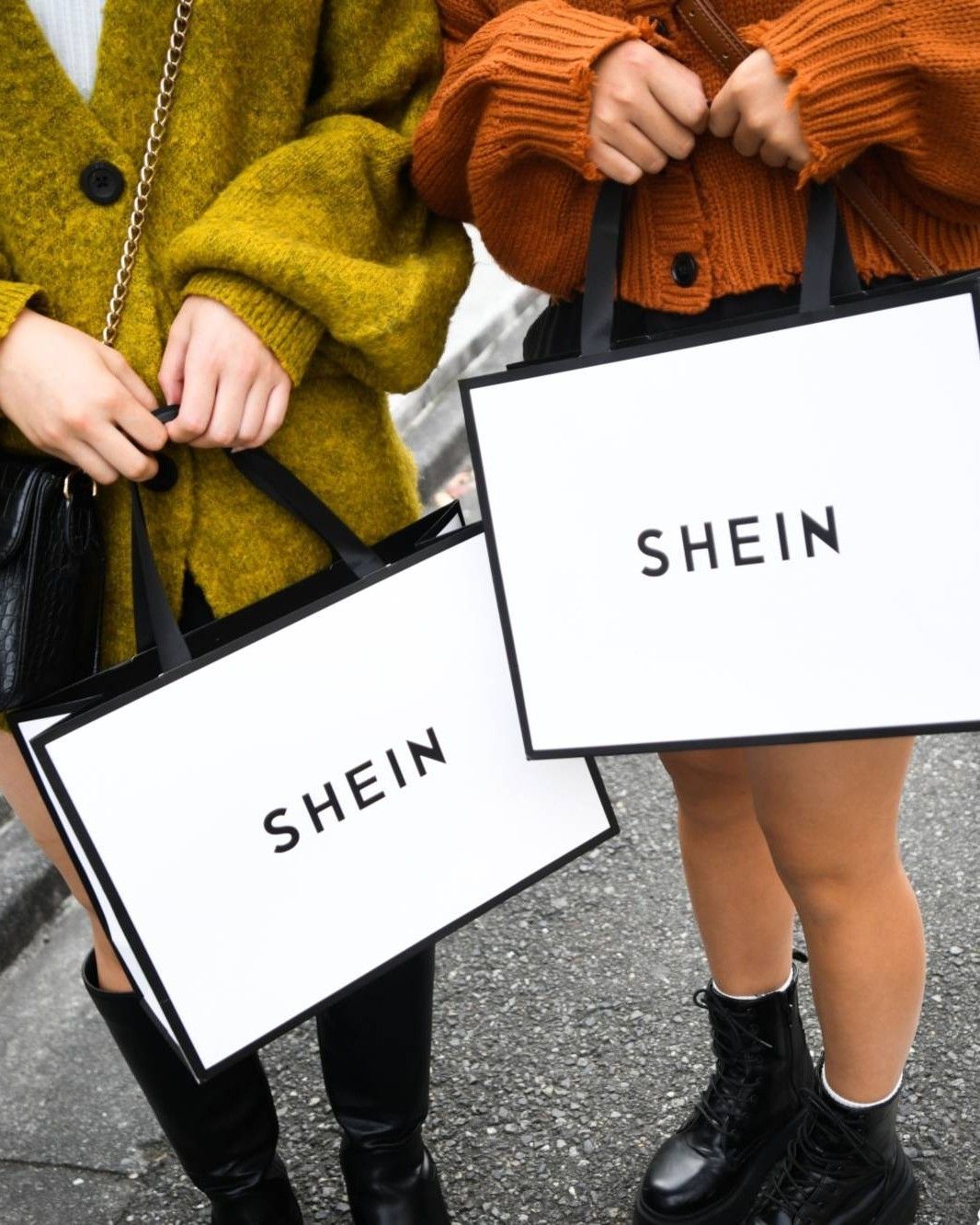
H&M is again under indictment for false sustainability claims The false narrative of greenwashing addressed in a new lawsuit
It is well known that brands have long sold their products by leveraging the communication of often completely nonexistent sustainability without, moreover, being pressured by regulators or consumers. Yet the situation seems to be evolving in recent years, in part due to increased sustainability literacy among the average consumer. H&M, which came under media scrutiny already this summer when it was sued for allegedly using falsified sustainability information, knows this well. According to a report by The Fashion Law, H&M is facing another class action lawsuit for marketing fast-fashion clothing and accessories as sustainable.
The complaint was filed on Nov. 3 in a Missouri federal court. Specifically, Abraham Lizama and Marc Doten - the plaintiffs - allege that H&M has engaged in illegal, unfair, deceptive, and misleading business practices" through the marketing and sale of its sustainable clothing line called the Conscious Choice Collection. The two also claim that the Swedish clothing giant markets them as such, thereby violating the laws of several states, including those of California and Missouri. «In recent years, consumers have become much more aware and sensitive to the impact of clothing and household products on the environment», the two told The Fashion Law. «Consumers are willing to pay more for responsibly produced products, including those that do not negatively impact the environment,» the plaintiffs said, pointing out that «as a result, demand for green, sustainable and environmentally friendly products has increased». Specifically, they reported that H&M markets and labels products as Conscious Choice even though «they are not made from sustainable and environmentally friendly materials». The ambiguous sustainability narrative can also be found by reading statements on the brand's website that use pristine and natural landscapes to make the green appeal even more credible.
In this context, H&M's marketing and labeling of "sustainability"- increasing profits and gaining an advantage over competitors acting legally may have been the brand's goal- serves to mislead consumers. The plaintiffs made it clear that they would not have purchased Conscious Choice products if they had known they were not «made from sustainable and/or environmentally friendly materials». Or, if they had purchased them, they would have chosen to pay «a substantially reduced price». In light of what is reported here, the plaintiffs reiterated that H&M committed negligent misrepresentation and fraud, violating the Missouri Merchandising Practices Act, the California Unfair and Deceptive Acts and Practices Law, California's Consumers Legal Remedy Act, and California's Business and Professions Code, which generally prohibit parties from engaging in «unlawful, unfair, and/or fraudulent business practices and making misleading statements and fraudulent omissions regarding the quality and characteristics» of products. In addition to certifying the class action, the plaintiffs have sought monetary damages (over the $5 million threshold for the class action), a declaratory relief action, and an order requiring H&M to «immediately cease from selling products in violation of the law» and to undertake a corrective advertising campaign, among other things. Indeed, experts predict that regulators and environmental groups will pay increasing attention to the validity of claims made by companies about their environmental, social, and governance efforts.















































